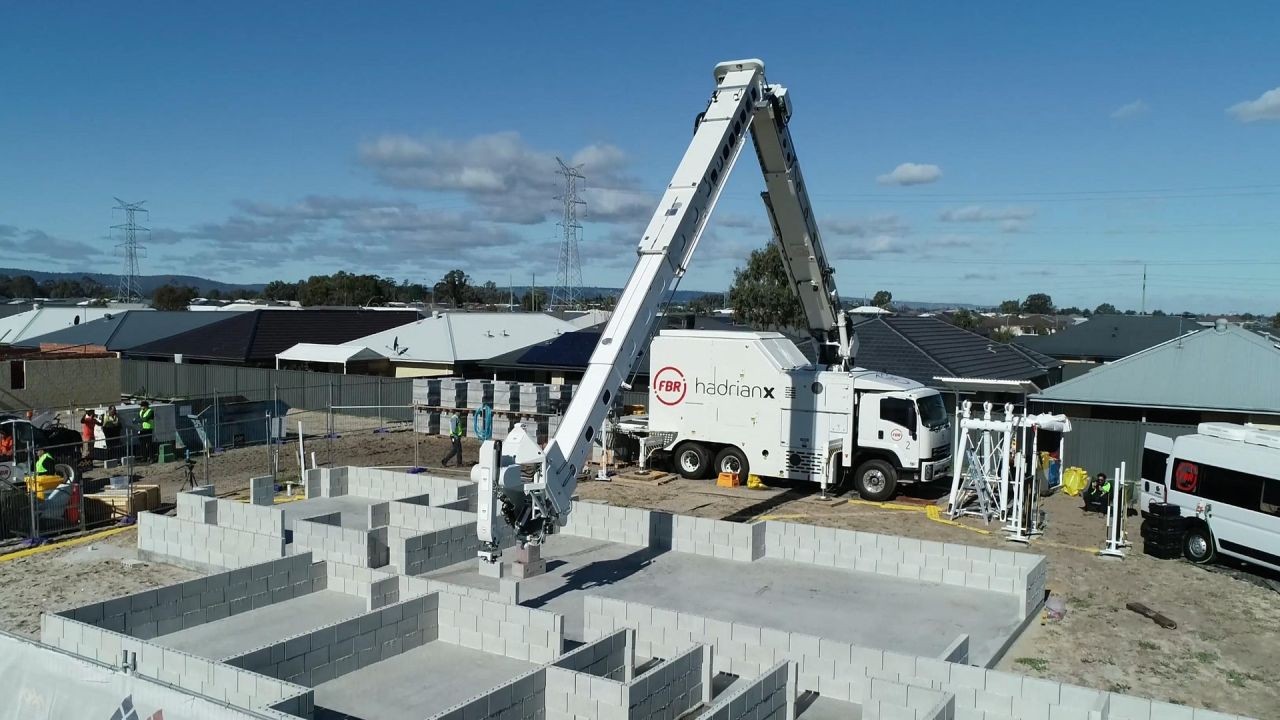Real estate investment in New Zealand has witnessed a remarkable growth of 12% in 2024, sparking conversations on the sustainability and long-term impact of this trend on the local economy. This surge in investment is not just a statistical anomaly but a reflection of underlying factors such as economic policies, market dynamics, and global influences that shape New Zealand's real estate landscape. As sustainability consultants, understanding these dynamics is crucial for advising businesses and stakeholders on future strategies.
The Driving Forces Behind New Zealand's Real Estate Boom
New Zealand's real estate market has been buoyed by a confluence of factors. The government's proactive economic policies, including the Overseas Investment Amendment Act 2018, have aimed to strike a balance between foreign investment and local market stability. According to the Reserve Bank of New Zealand, the country's low interest rates have further incentivized property investments, making them more accessible to both local and international investors.
Government Policies and Economic Stimulus
The New Zealand government's efforts to stimulate economic growth post-pandemic have played a significant role in boosting real estate investment. The Housing and urban development Authority's initiatives to increase housing supply have attracted investors seeking long-term growth opportunities. Additionally, the Reserve Bank's monetary policy, which kept interest rates at historic lows, has made borrowing more attractive, thereby fuelling property investments.
Market Dynamics: Supply and Demand
The demand for residential and commercial properties in New Zealand remains robust. According to Stats NZ, the population growth rate, driven by immigration and natural increase, has sustained demand for housing. This, coupled with a limited supply of properties in key urban areas, has led to increased competition among investors, driving up property values and investment returns.
Real-World Case Studies: Local Success Stories
Case Study: Kiwi Property - Navigating the Commercial Real Estate Landscape
Kiwi Property, one of New Zealand’s largest listed property companies, exemplifies successful navigation in the commercial real estate sector. Facing the challenge of retail space saturation, Kiwi Property pivoted by investing in mixed-use developments that incorporate residential, commercial, and retail components.
Problem: Kiwi Property struggled with declining foot traffic in traditional retail stores, a challenge exacerbated by the shift to online shopping.
Action: The company invested in the Sylvia Park expansion, creating a mixed-use precinct that attracted diversified tenant profiles and increased footfall.
Result: The Sylvia Park expansion led to a 15% increase in rental income and a 12% rise in property valuation within the first year.
Takeaway: diversification into mixed-use developments can mitigate risks associated with single-sector reliance, a strategy that New Zealand investors should consider.
Case Study: Fletcher Building - Sustainable Residential Development
Fletcher Building, a leader in residential construction, has embraced sustainability as a core element of its strategy. Their approach to sustainable building practices offers key insights into the benefits of eco-friendly developments.
Problem: Rising construction costs and regulatory pressures on environmental compliance posed challenges to profitability.
Action: Fletcher Building implemented sustainable building practices, including the use of recycled materials and energy-efficient designs.
Result: These initiatives resulted in a 20% reduction in construction waste and increased buyer interest in eco-friendly homes, boosting sales by 18%.
Takeaway: Sustainable building practices not only align with regulatory requirements but also enhance marketability and profitability.
Pros and Cons of Real Estate Investment Growth
Pros
- Higher Returns: Investors have seen returns increase by up to 15% annually, driven by growing demand and limited supply.
- Economic Growth: Real estate investment contributes significantly to GDP growth, supporting job creation and infrastructure development.
- portfolio diversification: Property investment offers a hedge against market volatility, providing stable, long-term growth.
Cons
- Affordability Concerns: Rising property values have exacerbated affordability issues, particularly for first-time buyers.
- Regulatory Risks: Potential changes in government policy could impact investment returns and market stability.
- Environmental Impact: Increased development may lead to environmental degradation unless sustainable practices are adopted.
Myths and Misconceptions in Real Estate Investment
Myth: "Real estate investments are always safe and profitable."
Reality: While historically profitable, real estate investments carry risks such as market downturns and regulatory changes that can impact returns.
Myth: "Property prices will always go up."
Reality: Property markets can be cyclical, and external factors like economic recessions can lead to price corrections.
Myth: "Only large investors can succeed in real estate."
Reality: With strategic planning and leveraging tools like REITs (Real Estate Investment Trusts), even small investors can achieve significant returns.
Future Trends and Predictions
The future of New Zealand's real estate market is poised for transformation, driven by technological advancements and evolving consumer preferences. According to a report by NZTech, the integration of smart home technologies and sustainable building materials will become industry standards by 2028, enhancing property values and investor interest.
Moreover, the increasing emphasis on sustainability is expected to redefine investment strategies. As global awareness of climate change grows, investors will prioritize eco-friendly developments, aligning with New Zealand's commitment to reducing carbon emissions as outlined in the Zero Carbon Act.
Conclusion
As New Zealand's real estate investment landscape continues to evolve, staying informed about market dynamics, policy changes, and sustainability practices is crucial for making strategic investment decisions. The insights and case studies presented highlight the opportunities and challenges within the sector, providing a roadmap for future success.
What is your perspective on the current real estate investment trends in New Zealand? Share your insights in the comments below!
People Also Ask
- How does real estate investment growth impact New Zealand's economy? Real estate investment growth contributes to GDP, supports job creation, and drives infrastructure development, boosting economic stability.
- What are the biggest misconceptions about real estate investment? A common myth is that property prices always increase. However, market fluctuations can lead to periods of depreciation.
- What are the best strategies for investing in New Zealand real estate? Experts recommend focusing on sustainable developments, diversifying across property types, and staying informed on regulatory changes.
- What upcoming changes could affect New Zealand's real estate market? By 2026, policy updates promoting sustainability and smart technology integration are expected to reshape the market landscape.
- Who benefits the most from real estate investment growth? Investors, developers, and local economies benefit from increased property values, improved infrastructure, and job creation.
Related Search Queries
- New Zealand real estate trends 2024
- Impact of foreign investment on NZ property market
- Sustainable real estate practices in New Zealand
- New Zealand property market predictions 2025
- Real estate investment strategies for beginners in NZ
- Government policies affecting NZ real estate
- Future of smart homes in New Zealand
- Environmental impact of real estate development in NZ

































jamiallan6661
9 months ago